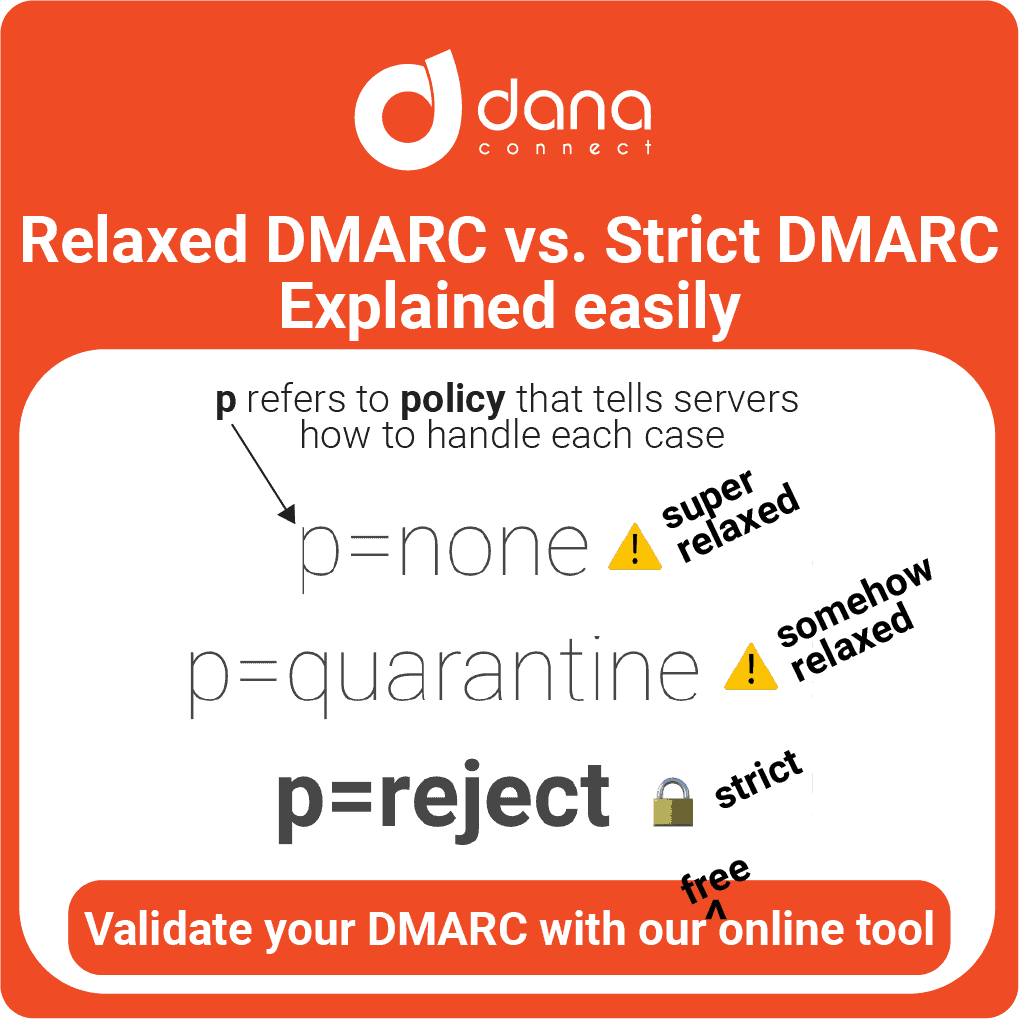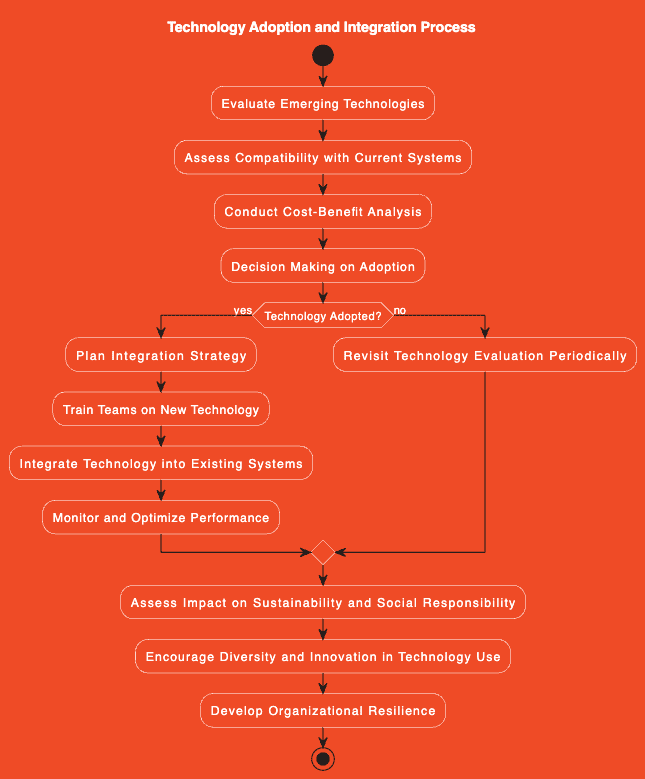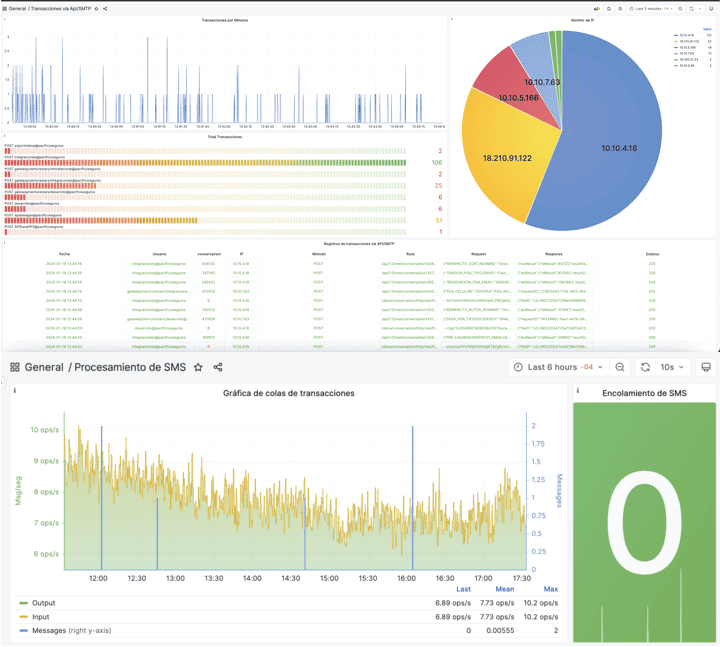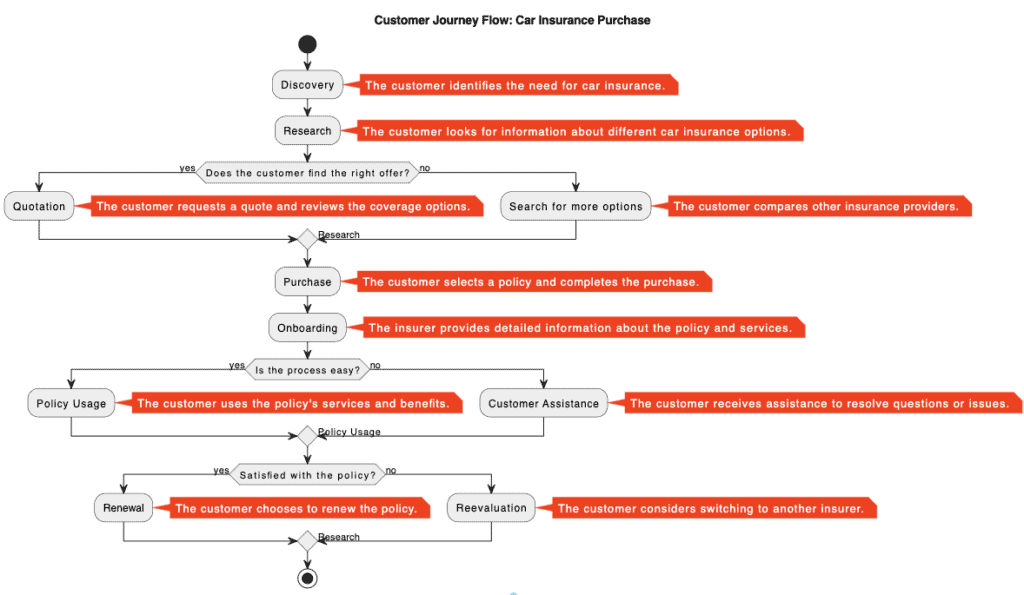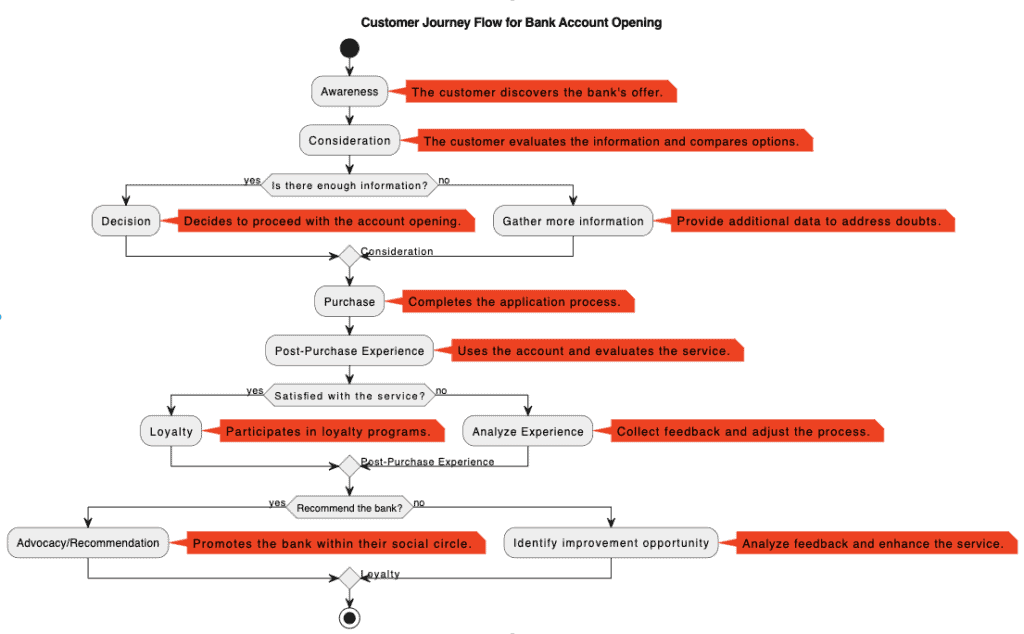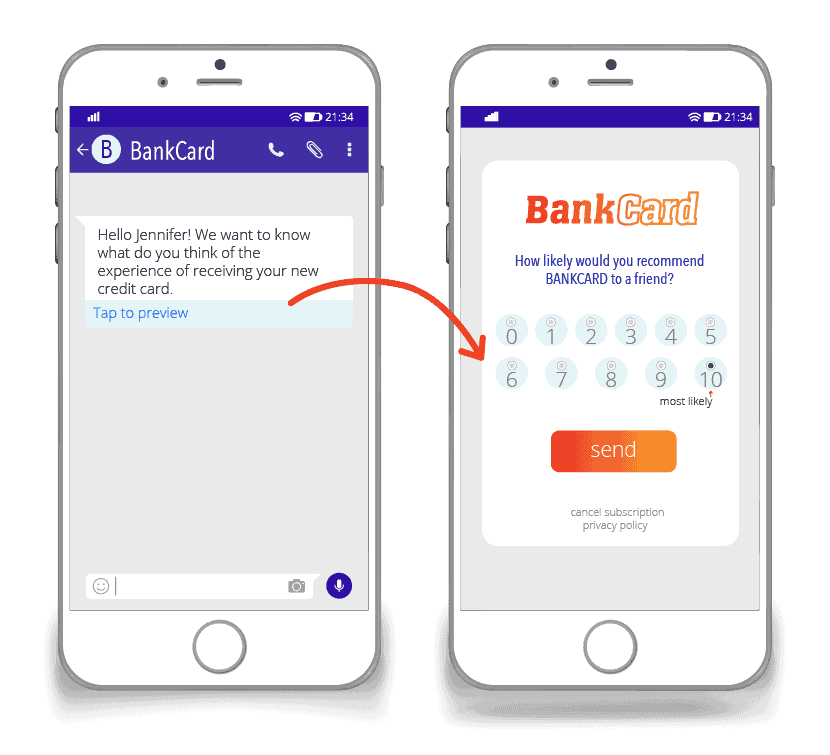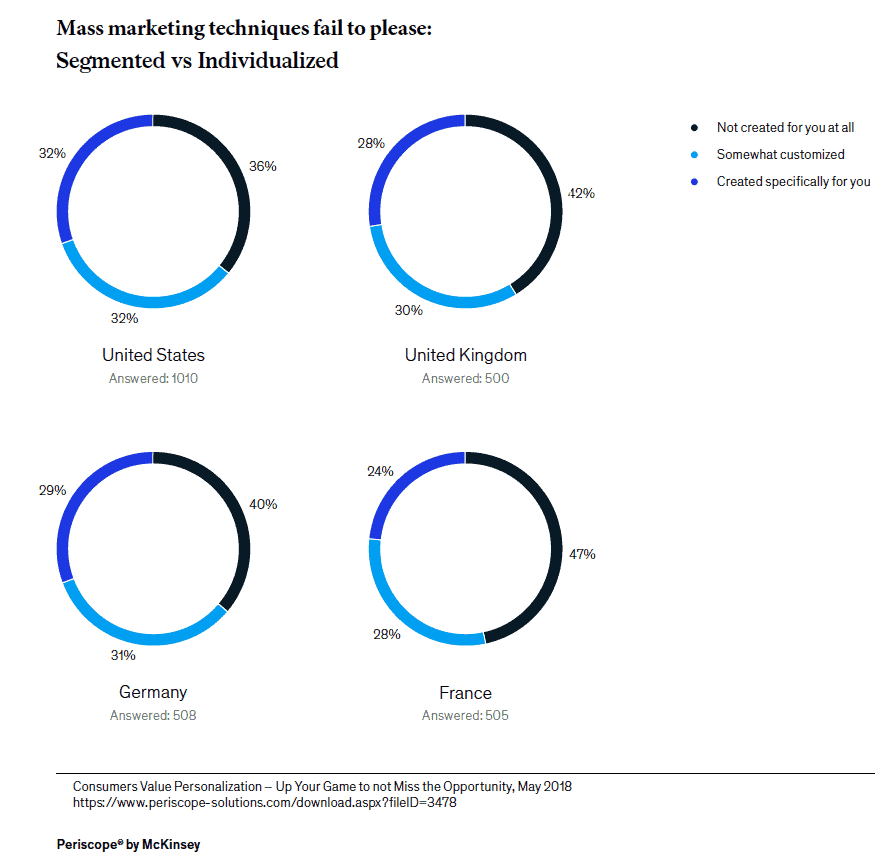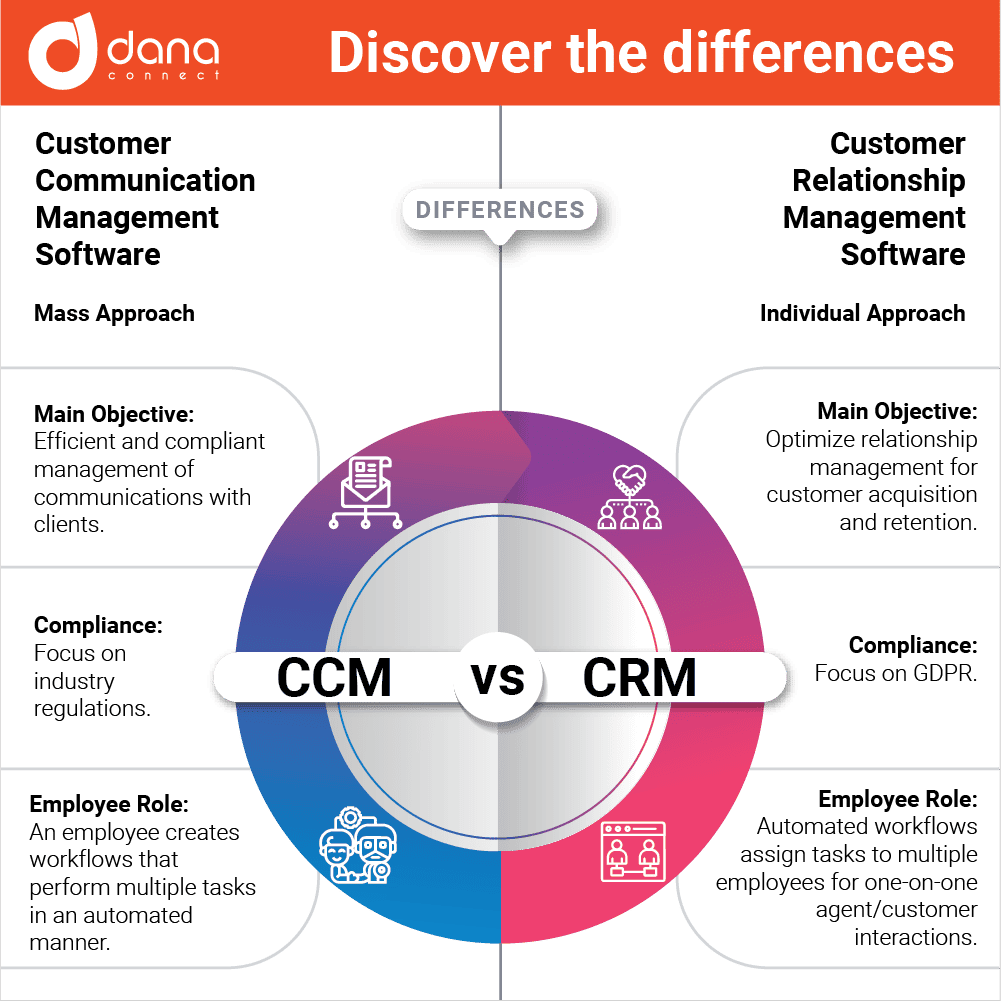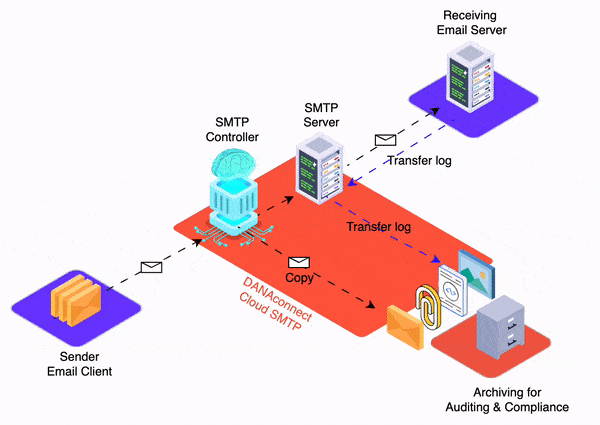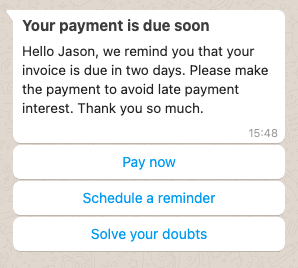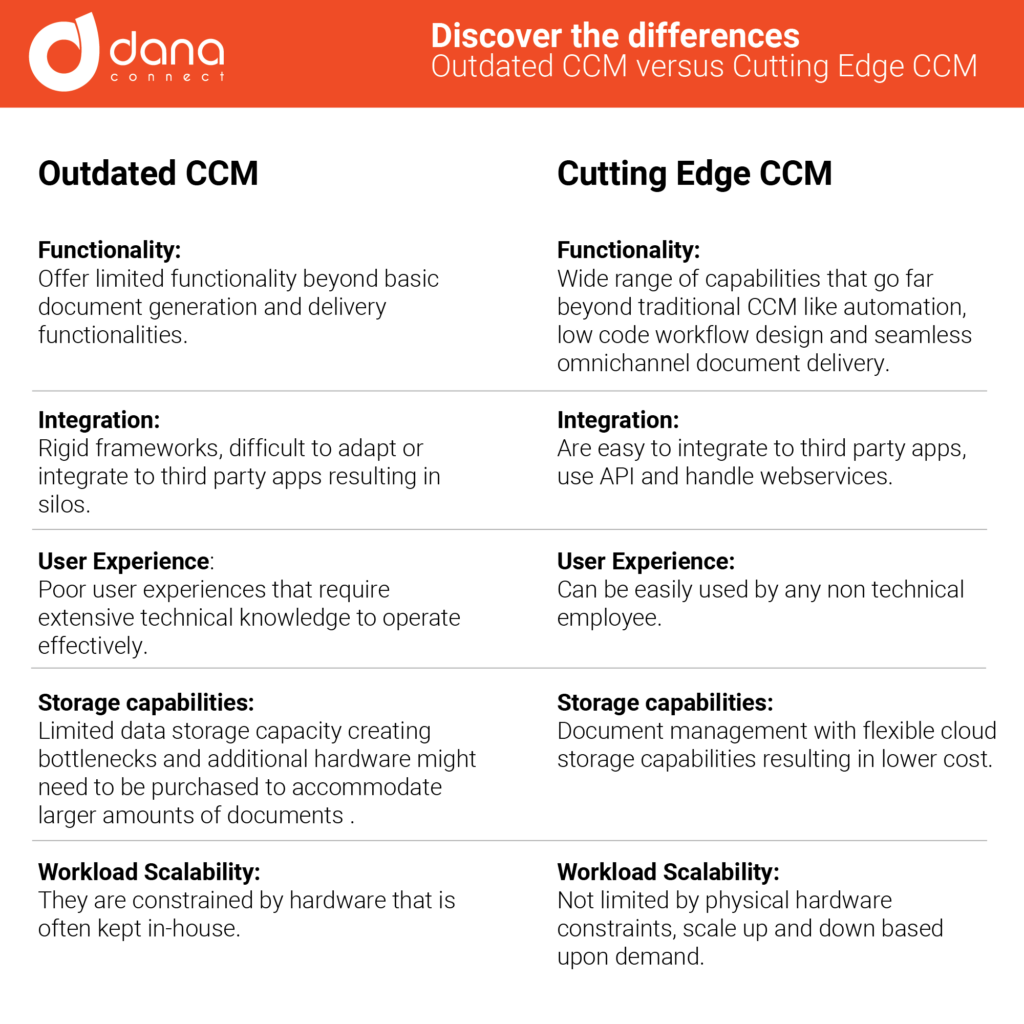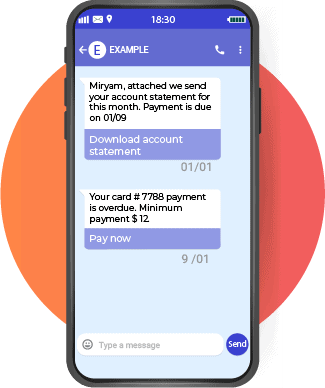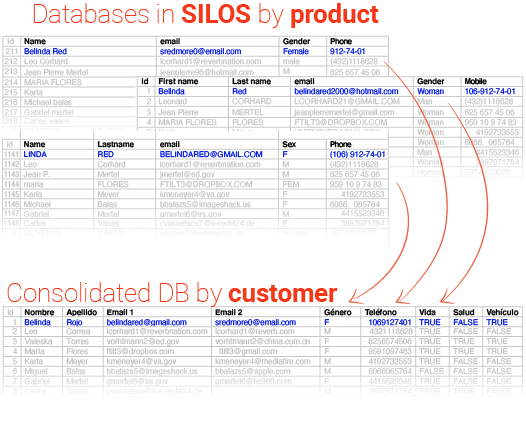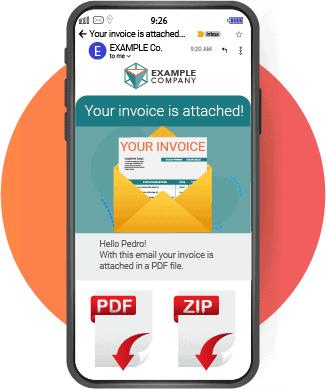Did you know that if you mismanage dedicated IP addresses you could block not only the IP address, but even your domain name? In this article we describe the best practices for the use of dedicated IP addresses according to the type of communication, for improving the deliverability of your email communications and minimizing risks.
But… What are IP addresses anyway?
The Internet Protocol (IP) address is a unique identifier assigned to each device connected to the Internet. IP addresses allow devices to communicate with each other.
The IP address is used as the sender’s identifier when sending email, which means that any problem with that address can severely affect your ability to send messages successfully. It is important to understand the risks associated with inadequate or insufficient training of your IP addresses and how to address them.
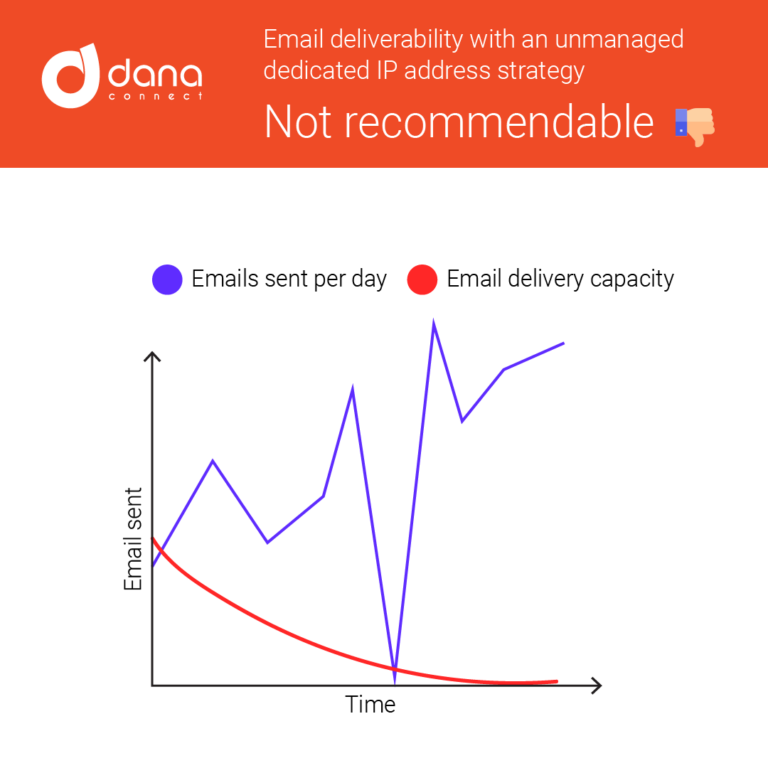
IP address warm-up: What it is and why it is important
IP address training or warm-up refers to the practice of improving the reputation of the IP address used to send email on a large scale.
When bulk emails are sent, especially to many recipients who have not specifically requested to receive that email, there may be problems with the servers that receive that email. If the sender’s IP address is associated with spam or junk mail, it is likely to be blocked or marked as spam by email servers.
Therefore, it is important to warm-up the IP address so that it has a good reputation and is not blocked by email servers. This can be done through various practices, such as sending emails only to recipients who have opted in to receive them, including an unsubscribe link in the email, and monitoring and promptly responding to reports of spam or complaints from recipients.
IP address training is an important issue for any business that sends emails on a large scale. If not done correctly, there can be serious consequences such as blocking of the IP address or drop in sender reputation. It is important to understand that IP address training is different for transactional message submissions and marketing email submissions.
For transactional messages, such as purchase confirmations or account updates, most recipients expect to receive them and are therefore less likely to be considered spam. However, it is important to ensure that these messages are relevant, personalized, and designed to be easy to read and understand. Likewise, your brand must be well recognizable and constant.
How the reputation of an IP address is maintained and how it is affected by volumes
The reputation of an IP address refers to the evaluation that email providers make of it, based on a series of criteria that indicate the quality and reliability of the emails that are sent from that address.
The main criteria for maintaining a good IP address reputation is consistency. This means that the flow, volume, quality and quantity of emails sent daily must be constant. You can’t send large amounts of mail one day and then send very little the next. If this happens, your IP reputation will be negatively affected and your IP will be blocked.
Differentiate and classify the types of communications
Each type of email communication has its own best practices and strategies to ensure a high open and deliver rate. Therefore, it is important to separate and classify the types of communications in order to apply the best practices specific to each of them.
- Transactional emails: are those that are sent in response to a specific user action, such as a purchase confirmation, a password reset request, or a registration confirmation message. These emails are usually expected and well received by users, as they contain relevant and necessary information for the user and therefore have a higher open and click rate.
- Email marketing: Email marketing refers to emails that are designed to promote a product or service, with a focus on persuading the recipient to make a purchase. While it is best to limit the distribution of marketing emails to individuals who have willingly provided their contact information, many instances arise where these emails are unsolicited and unwanted, leading recipients to mark them as spam. This may result in negative consequences for the sender.
- Corporate communication emails: are those that are sent with the objective of keeping users informed about the latest company news, significant changes in contractual situations, changes in policies, among others. These emails tend to be more informative in tone and are designed to keep users engaged with the brand. Although they are not email marketing, most of the time the ISP classify them as marketing as well and send them to the promotion inbox.
Segmentation is the key to deliverability
A bad email campaign can affect the deliverability of future campaigns and more critical deliveries like transactional and OTP messages. If large-scale emails are sent from a dedicated IP address without taking into account best practices to avoid being marked as spam or blocked by email service providers (ISPs), your reputation could be seriously compromised.
Delivery in the email world is a crucial issue: if it doesn’t reach the recipient, then whatever action you want to achieve with that message will be truncated and will have no effect on your audience. That is, all the investment made will be useless.
Clients expect to receive important confirmations by email related to key actions within the commercial cycle such as the use of credit cards, proof of commercial transactions or the updating of passwords. These messages are known as “transactional” because they are directly connected to some action previously taken between the customer and the company.
To protect reputation and maximize delivery efficiency it is advisable to use separate IP addresses for your transactional programs and promotional / advertising / bulk campaigns; This will allow you to improve your ability to achieve each specific objective without harming one or another type of objective.
The best practice is to use separate IPs, one dedicated exclusively to sending transactional emails and another pool of addresses dedicated to sending advertising bulletins and bulk communications. The shared use would be counterproductive since it could harm our main domain given some occasional slip on any of them previously referred email types and we would lose efficiency, and we could even lose use of the domain with our own brand for email.
Using dedicated IP addresses. When is it a good practice and when is it not?
While it is true that for sending transactional and OTP messages it is ideal to have dedicated IP addresses, the use of dedicated IP addresses for bulk emailing of other types of content, such as marketing and corporate communications, is much more complicated and more risky.
Maintaining a constant volume of marketing emails on a daily basis is a daunting task for businesses with dedicated IP addresses. It requires a significant amount of time and effort, and is almost impossible to achieve. This is the reason why major companies in the industry opt for email delivery services that manage pools of IP addresses. These services have already trained and managed IP addresses and maintain strategies to ensure a balanced flow of emails, ensuring message deliverability and protecting domain reputation.
The risks of having dedicated IP addresses for bulk email marketing and corporate communications can be high if not managed properly. If your IP is blocked or your reputation is negatively affected, this can completely affect the ability to send email to your recipients, even from your other IP addresses, because if managed really badly, it can even affect the reputation of the domain name associated with a bad batch.
In contrast, businesses offering bulk email distribution have created techniques and resources to ensure a proper balance in the quantity of emails sent, thereby ensuring a positive reputation for their IP addresses.
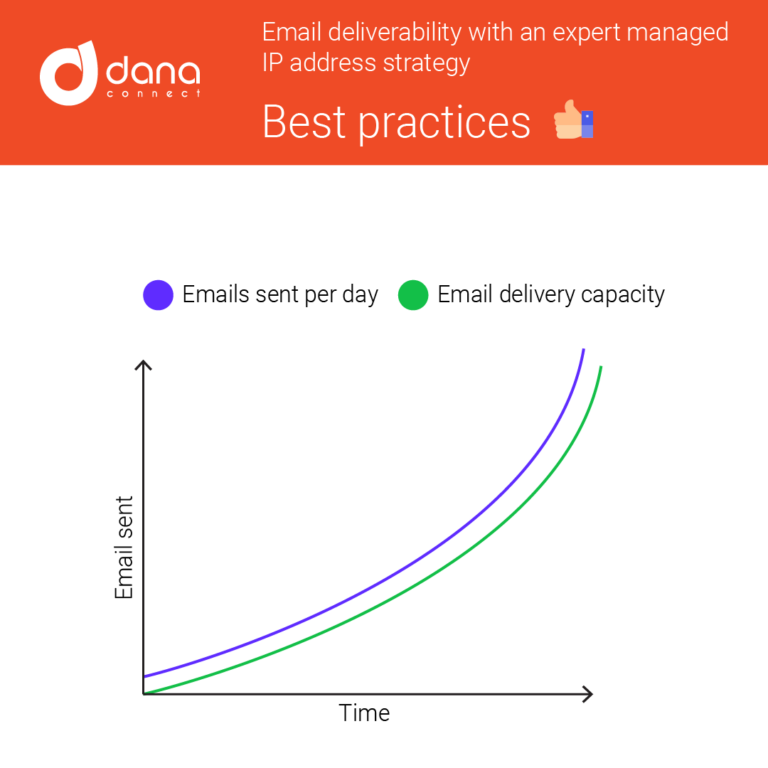 Using dedicated IP addresses for marketing blasts is not necessarily best practice
Using dedicated IP addresses for marketing blasts is not necessarily best practice
Marketing emails are often sent to large lists of recipients who have not explicitly asked to receive them, increasing the risk of emails being considered spam. To avoid blocking problems, it is also considered a best practice to use a bulk emailing service that manages pools of IP addresses. When IP pools are well managed and monitored they are the best way to ensure that even if some of your communications have problems and are flagged as spam, the rest of your email communications will continue to be delivered.
Mass email service providers like DANAconnect can optimize email deliverability and maintain a favorable domain reputation by implementing tactics that distribute and balance email batches evenly across multiple IP addresses and monitor blacklists. This ensures that the emails are not marked as spam and have a higher chance of reaching the intended recipients.
Beyond that, a good bulk email provider will safeguard the integrity of the reputation of your domain name, which may well be one of the most fundamental assets of your brand.
Conclusions about warming-up IP addresses
In short, IP address warm-up is crucial for any business sending emails on a large scale. Done correctly, it can improve the effectiveness of your email campaigns and your company’s reputation. On the other hand, if it is not done correctly, there can be serious consequences such as the blocking of the IP address or the drop in the reputation of the sending domain. It is important to follow best practices and differentiate IP address training for transactional messages and marketing emails. The most effective approach to accomplish all of this is to entrust the management of your IP addresses to professionals in the email marketing industry.
Also, it is important to remember that IP address training is an ongoing process and requires constant attention. Companies need to be aware of the latest trends and regulations in the industry and adapt accordingly. They must also closely monitor performance metrics and adjust their practices accordingly.
Email remains a powerful marketing tool for businesses, but it’s also a delicate channel that requires attention and care. A critical part of successful emailing on a large scale is proper management of the IP addresses used by the business.
In conclusion, IP address training and segmentation is a critical part of any large-scale email strategy. Done correctly, it can improve campaign effectiveness and protect sender reputation. However, if it is neglected or done improperly, there can be serious consequences for the business.
For all this, it is always advisable to leave the management of IP addresses to an expert provider, who can offer you a pool of trained addresses, and ensure the best practices so that companies can send emails on a large scale with confidence and success.










